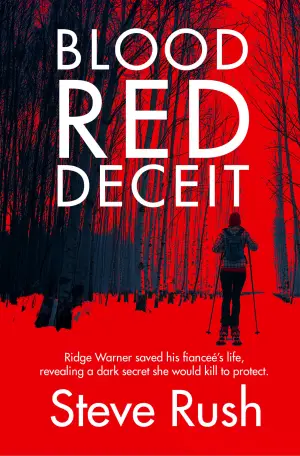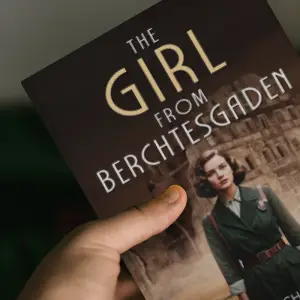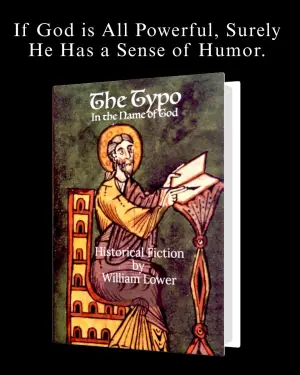We Are the Ants by Shaun David Hutchinson: A Journey of Choices and Grief
When I first stumbled upon We Are the Ants, it was the promise of an unusual narrative—aliens, a big red button, and a ticking clock until the world ends—that captured my attention. Shaun David Hutchinson expertly melds the bizarre with the profoundly human, crafting a story that asks one simple yet monumental question: Is the world worth saving?
Henry Denton, our protagonist, has faced more than his fair share of heartbreak and chaos, making the stakes of this decision deeply personal. As a teenager navigating life amidst a troubled family, the weight of grief from his boyfriend Jesse’s suicide clouds every interaction. It’s a raw, haunting journey that leaves you questioning not just Henry’s decisions, but your own understanding of life and loss. The backdrop of alien abductions feels simultaneously absurd and incredibly relatable, serving as a unique device to explore the struggle between despair and hope.
One of the standout aspects of Hutchinson’s writing is his ability to infuse humor and sarcasm into Henry’s otherwise grim reality. The wit and clever observations bubble beneath the surface, making the heavy themes of grief, bullying, and sexual identity more digestible. The pacing was excellent; I often found myself racing through the pages, held captive by Henry’s voice, which was as genuine as it was poignant. I was particularly struck by how seamlessly Hutchinson tackles queer relationships. Henry’s sexuality is woven into the fabric of his identity without turning into the central conflict; instead, it feels like a natural part of his life, a breath of fresh air in a genre often weighed down by coming-out narratives.
Quotes like, “There’s no point in pushing the button if everyone around me falls apart,” resonate deeply and encapsulate the essence of the book: the exploration of interconnections amidst despair. Amid the chaos of his life, Henry seeks out the opinions of those around him on the question of whether to push the button, and their answers reflect a spectrum of human experience—joy, pain, indifference, and hope.
Hutchinson crafts a rich tapestry of characters. From the flawed yet complex Marcus to the enigmatic Diego, each person Henry interacts with adds a layer of depth to his story. They challenge him, and the reader, to consider the myriad factors that influence a decision of such gravity. The vibrant relationships and the exploration of familial love, even in its most dysfunctional form, carve out a refreshing space that invites empathy.
We Are the Ants isn’t just a YA novel; it’s a profound meditation on life’s weighty questions. It’s for anyone facing the struggles of adolescence or the reality of loss. This book is a conversation starter, a journey that calls for both reflection and discourse—a true triumph in contemporary literature.
In my own reading journey, We Are the Ants has left a lasting impression, urging me to consider my choices and the profound beauty of connection in a world that often feels overwhelmed by despair. If you’re open to a narrative that is equal parts heart-wrenching and humor-filled, do yourself a favor: take the plunge and join Henry on his quest. You won’t regret it.






